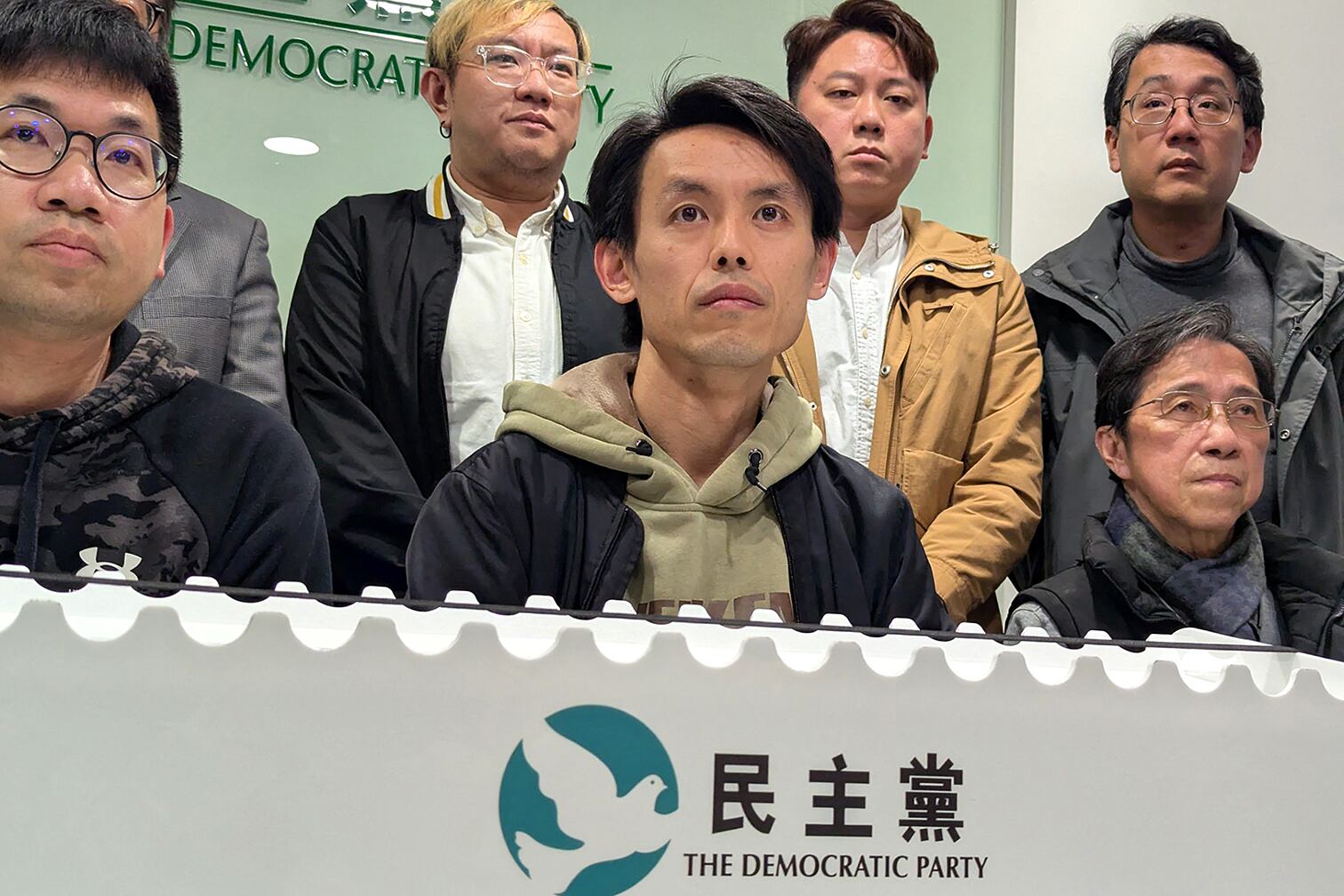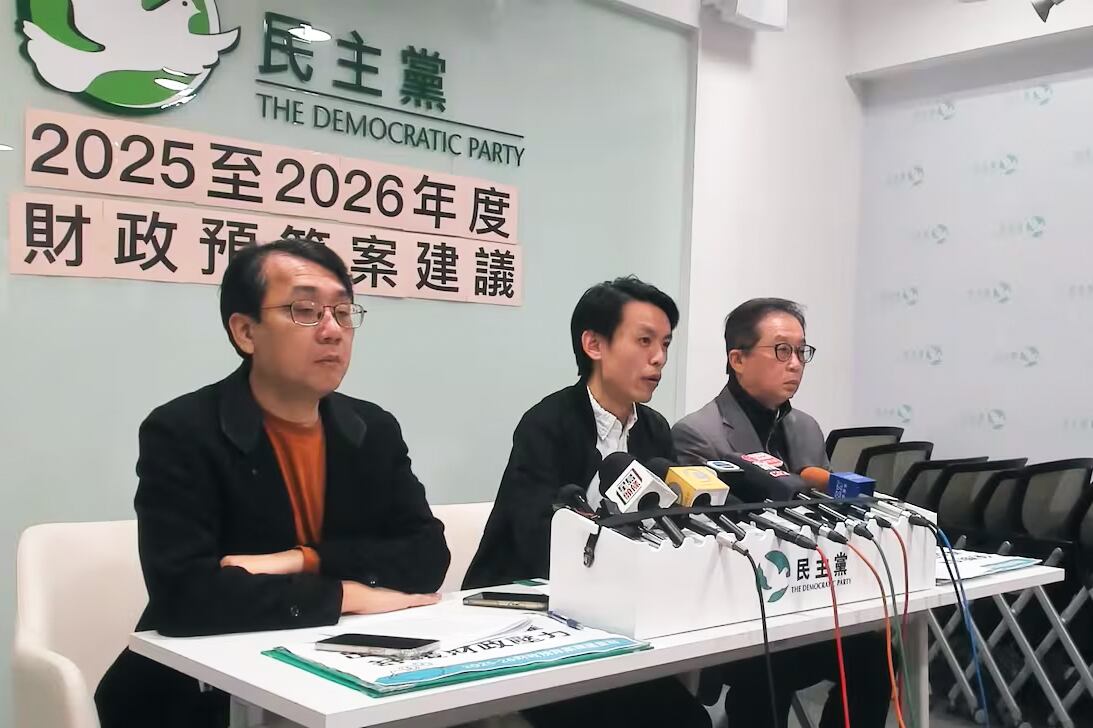TAIPEI, Taiwan – Senior members of Hong Kong’s Democratic Party, the city’s last remaining major opposition party, said that Chinese officials and their proxies had warned the party to disband or face “serious consequences,” including possible arrests.
Founded in 1994, the Democratic Party was Hong Kong’s first major pro-democracy political force. It emerged from a movement that began in 1982 to oppose any erosion of freedoms from China-U.K. negotiations on the territory’s future.
In February, the party announced plans to disband amid an ongoing political crackdown under two national security laws, though it did not initially cite pressure from Chinese authorities.
But Fred Li, a Democratic Party member and former lawmaker, told the Reuters news agency on Sunday that a Chinese official had informed him the party should be disbanded before the next legislative elections in December.
Li was among five senior Democratic Party members who said they had been told in meetings with Chinese officials or individuals linked to Beijing in recent months that the party should close, Reuters reported.
Radio Free Asia has not been able to independently verify the report.
The report came on the same day the party held a special members’ meeting and passed a motion authorizing its Central Committee to proceed with the disbandment.
“I hope Hong Kong’s political parties will continue to work for the people,” Party Chairman Lo Kin-hei told reporters at the party’s headquarters.
“We have always hoped to serve the Hong Kong people and to do things that are good for society.”
The party is now seeking legal and accounting professionals to carry out its liquidation. Any remaining assets will be donated to local organizations working for the betterment of Hong Kong, according to party rules.
Lo didn’t specify when the dissolution would be complete, only indicating that it could happen later this year or possibly next year.
The political crackdown has already resulted in the dissolution of the Civic Party. It was disbanded in May 2023 after its lawmakers were barred from running for reelection in the wake of the 2020 National Security Law.
The pro-democracy youth activist party Demosisto disbanded in June 2020.
The government has blamed several waves of pro-democracy protests in recent years on “foreign forces” trying to instigate a democratic revolution in Hong Kong.
Recent electoral changes ensure that almost nobody in the city’s once-vibrant opposition camp will stand for election again. Dozens of pro-democracy figures have been jailed and rule changes require political vetting for candidates.
Pro-democracy candidates who stood for the last directly elected district council attracted record turnout and won a landslide victory - widely seen as a ringing public endorsement of the 2019 protest movement.
Turnout plummeted in the first Legislative Council election after the rule change and Chief Executive John Lee was given the top job after running unopposed.
Since Beijing imposed two national security laws that banned public opposition and dissent in the city, and blamed “hostile foreign forces” for the resulting protests, hundreds of thousands have fled. The territory has plummeted in human rights rankings, press freedom has shrunk and government propaganda is now widespread in schools.
Hong Kong denies entry of UK politician
Reports of Chinese pressure on Hong Kong’s Democratic Party emerged just days after media outlets revealed that U.K. Liberal Democrat member of parliament Wera Hobhouse had been denied entry to the city during a family visit to meet her newborn grandson.
The British government expressed “serious concern” over the incident after Hobhouse said she was detained at the airport, questioned, had her passport confiscated, and was sent back to the U.K. without explanation.
She is believed to be the first British MP barred from entering Hong Kong since the 1997 handover.
As a member of the Inter-Parliamentary Alliance on China, Hobhouse believes her political role was the reason.
“Until now, I think there had been a diplomatic understanding that we might have different values, different political ideas, but there is some sort of basic rule in which we allow politicians into each other’s countries, and that sort of understanding seems to be collapsing,” she said in an interview with BBC’s Newscast.
The Liberal Democrat leader, Ed Davey, called on the British Foreign Secretary, David Lammy, to summon the Chinese ambassador and provide a full explanation. Lammy said he will raise the “deeply concerning” incident with authorities in Hong Kong and Beijing.
Edited by Taejun Kang and Stephen Wright.


